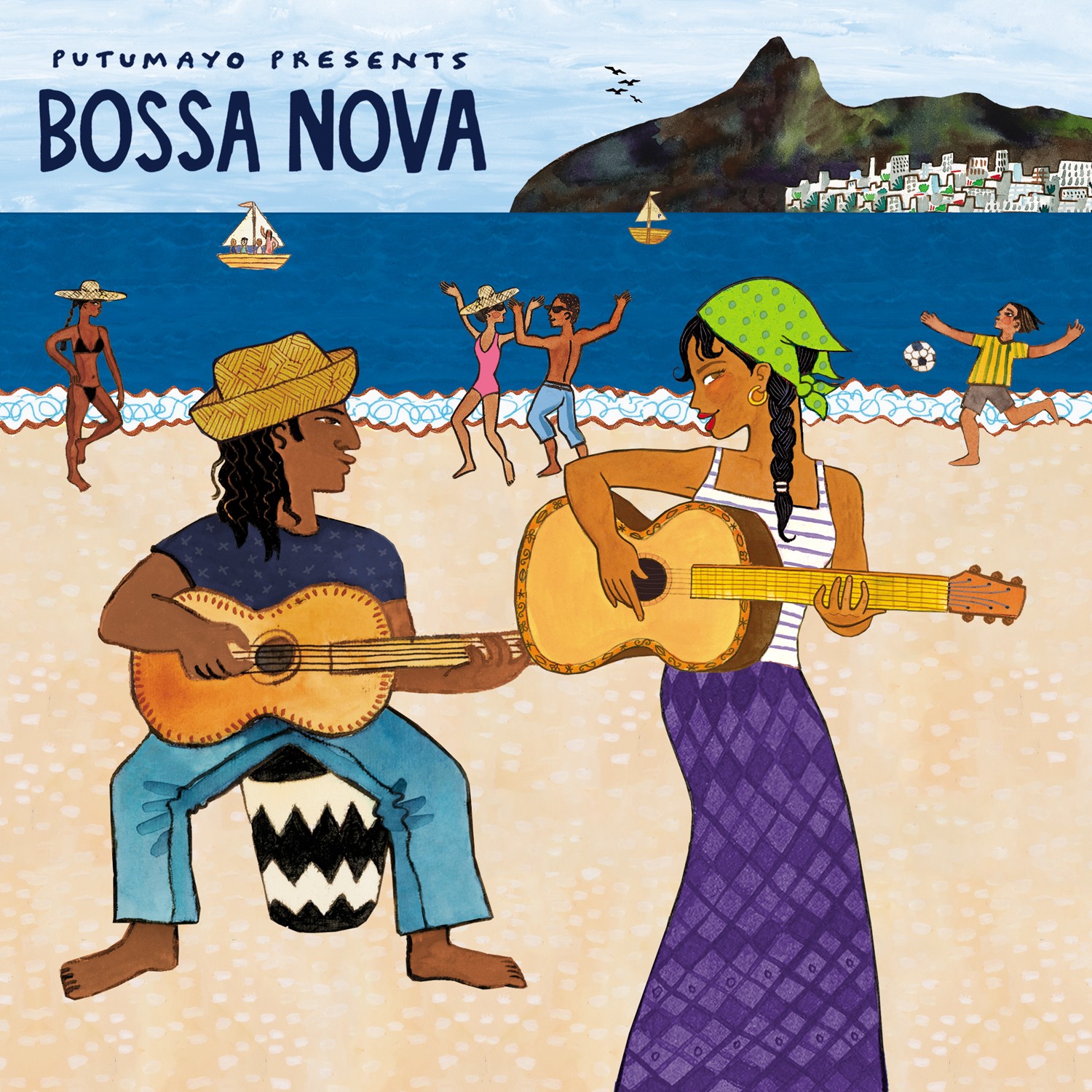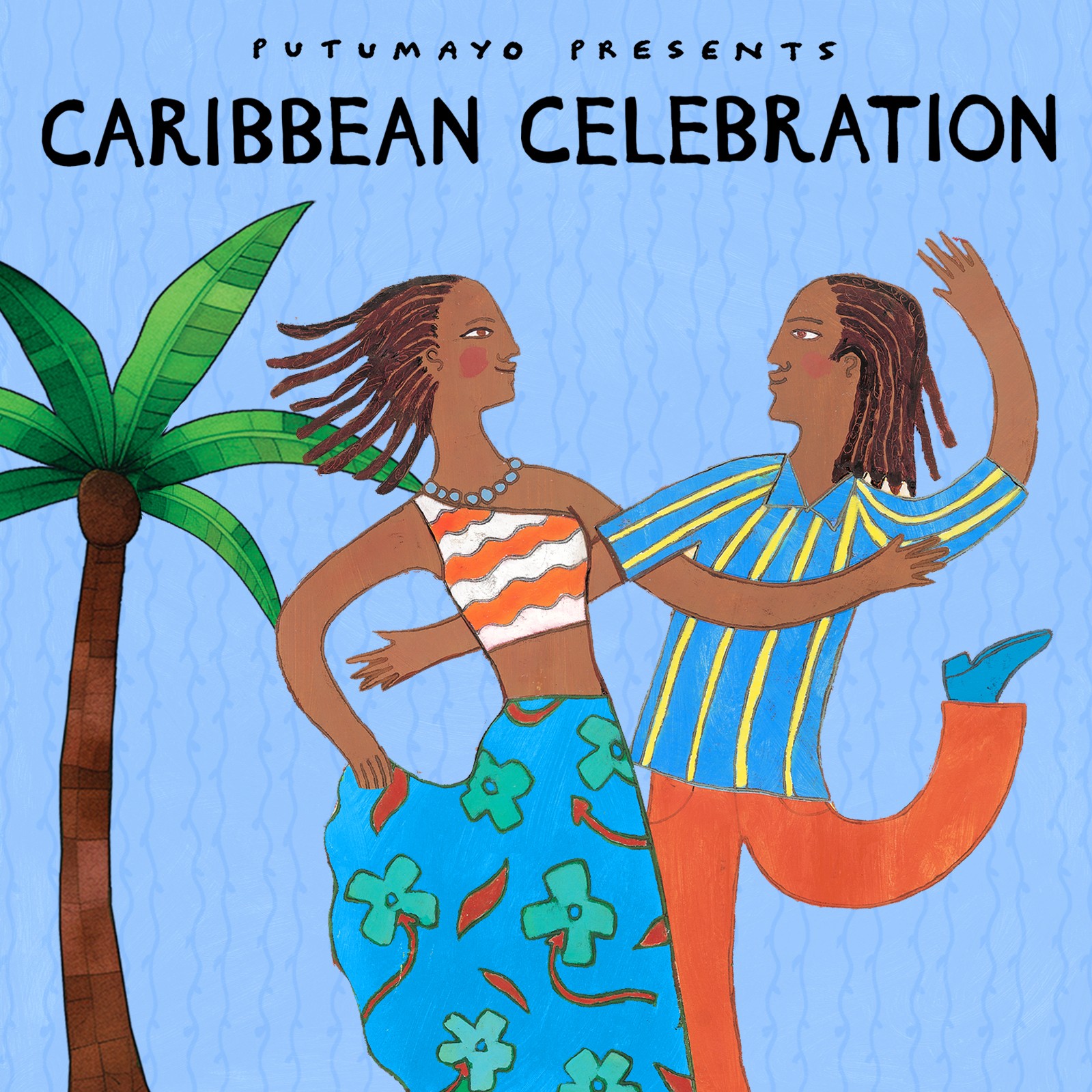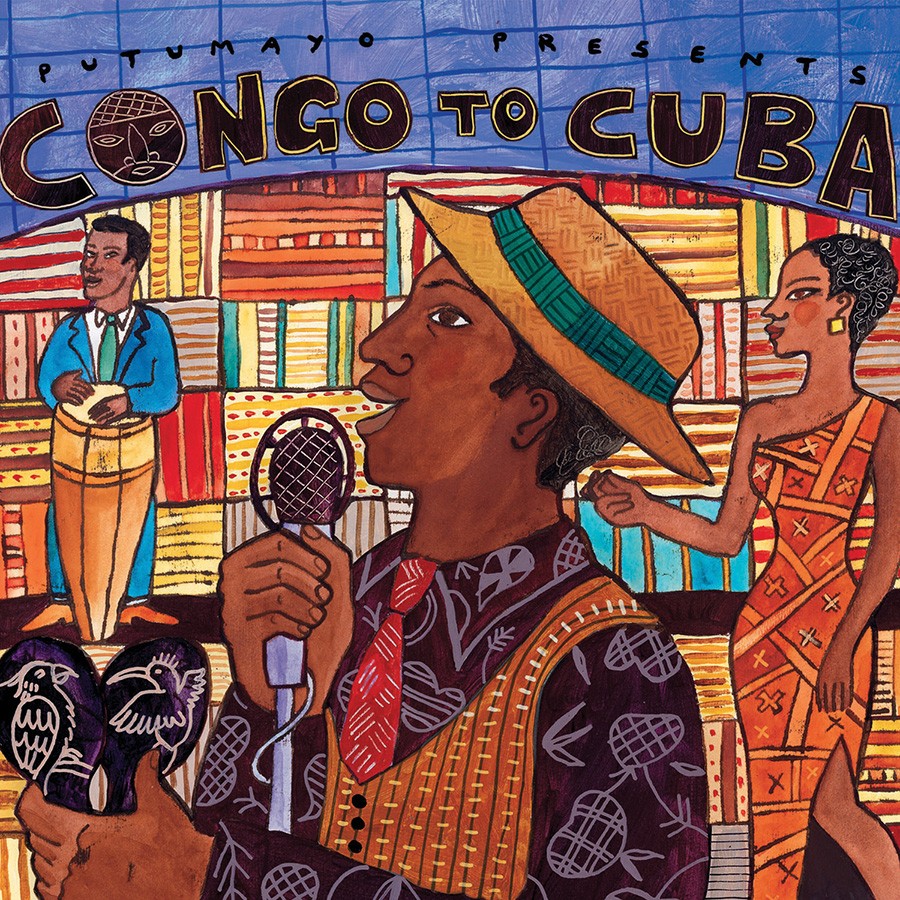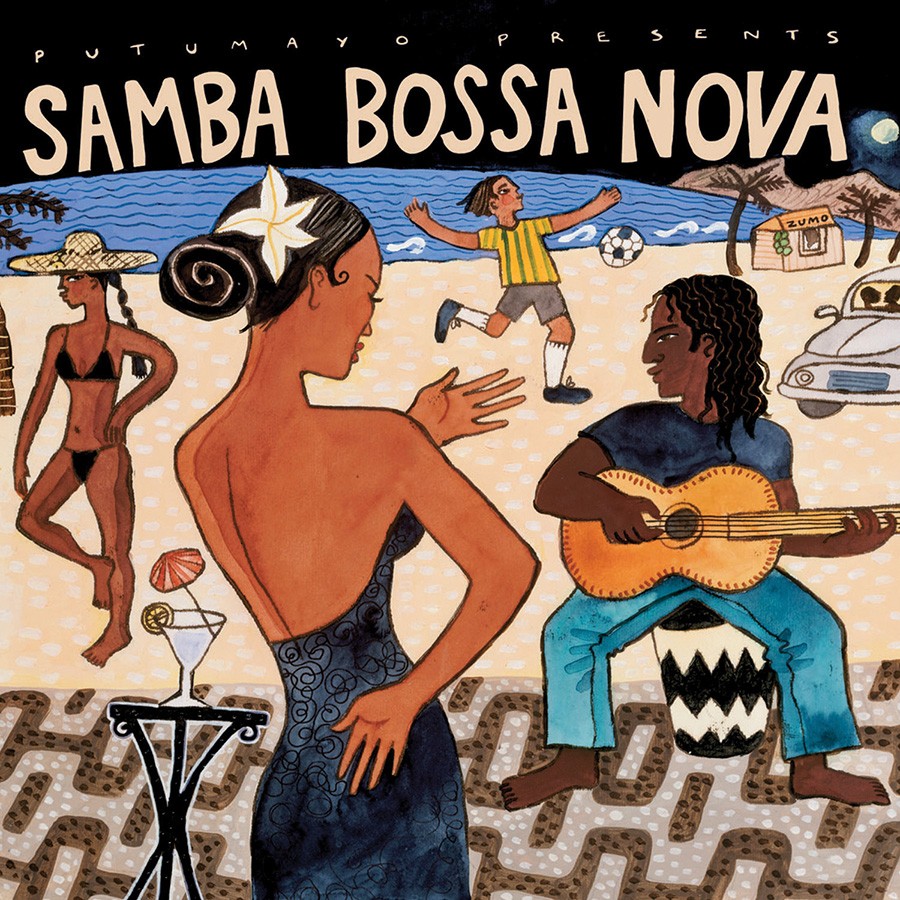We were lucky to catch up with Dan Storper recently and have shared our conversation below.
Alright, Dan thanks for taking the time to share your stories and insights with us today. Let’s kick things off with your mission – what is it and what’s the story behind why it’s your mission?
I started Putumayo World Music in 1993 with the goal of helping introduce people to the music of other cultures. The concept was to create a series of international music compilations that would open the doors to the wonderful songs created by talented musicians in countries like Haiti, Colombia and Zimbabwe where there were an array of political, economic, health and other issues. We wanted people to look at the positive sides of these countries that were often depicted in the media negatively.

Dan, before we move on to more of these sorts of questions, can you take some time to bring our readers up to speed on you and what you do?
Putumayo World Music began as an outgrowth of my international clothing and handicraft retail and wholesale business. I was a Latin American Studies major in college and, after graduation in 1973, set out to visit the countries I’d studied. On my first day in Colombia, I saw a beautiful hand-woven wall-hanging that I thought people back home would love. I decided to travel through South America collecting handicrafts to sell in the U.S. using money I’d saved up doing odd jobs and teaching tennis. That led to my opening a retail store in New York City I named Putumayo after a river and valley in southern Colombia where I collected crafts. A beautiful region, it later got caught up in the drug and political wars. By 1990, I had seven retail shops in NY, Washington DC, Boston and Princeton and was selling to 600 boutiques and was getting tired of that “rat race.”
In 1991, when returning from a trip to Indonesia, I stopped in San Francisco and, on my way to an exhibit at the De Young Museum in Golden Gate Park, I heard a wonderful African band called Kotoja performing in an opening in the woods to about 100 enthralled listeners. It had brought people of all ages and backgrounds together to dance and celebrate on a beautiful day. Days later, when I was back in NYC, I walked into one of my stores and was struck by the thrash metal music being played. I decided to seek international music to help create a more appropriate environment. The response to the mixed tapes was overwhelmingly positive so I approached a friend, Richard Foos, who was a co-founder of Rhino Records about collaborating on a series of world music compilations. The first albums came out in 1993 and we’ve released more than 250 since then.
Putumayo distinguished itself by not only selling in record stores but by offering our music collections through gift and clothing stores, cafes, health food stores and other non-traditional environments. Millions of people discovered world music and other cultures through Putumayo. Some, like Carlos Santana, Bonnie Raitt and Jackson Browne were influenced and began collaborating with artists featured on our collections. Others not only discovered artists they loved but decided to travel to the countries the artists came from. I think we were able to make an impact over the years with more than 35 million CDs sold and considerable in-store play.
Now that we’re offering two new digital-only albums per month and a subscription series, we seem to be reaching even more people.

Any fun sales or marketing stories?
Having a product that you believe in and having persistence have been an important part of the Putumayo story. Many of our largest accounts over the years came from identifying the logical outlets where our music would fit and working to connect the dots through trade shows, having friends and accounts make introductions, providing a targeted selection of samples. If you really feel your product is right for a store or chain of stores, the idea is to not give up though you have to avoid deeply alienating the buyers.
Once, in 1996, when we were releasing an album called One World in conjunction with the Olympics in Atlanta, I was trying to get it featured in stores like Pier One that had never sold music. One day, I got a call from the CEO. He said, “your mother must have not known what to do with you. You’re the most persistent guy I’ve ever run across. We’ll try out One World in our 500 shops.”

Can you tell us about a time you’ve had to pivot?
I’ve made a few pivots in my life. When I started out selling Latin American handicrafts, I realized I would have to include more saleable clothing items like hand-woven ponchos, hand-knit sweaters. A few years later, I realized, to survive and grow, I needed to expand the regions I was importing from so decided to travel to India, Afghanistan and Indonesia. The experience of discovery was wonderful. Then, when fed up with the clothing business, I started the Putumayo record label and eventually sold off the clothing business. When CD sales were in a deep dive, we belatedly started a digital business that has continued to grow to the point where we now offer two digital-only albums per month and no longer release new CDs.

Contact Info:
- Website: www.putumayo.com
- Instagram: https://www.instagram.com/putumayo_world_music/
- Facebook: https://www.facebook.com/Putumayo/
- Twitter: https://twitter.com/PutumayoMusic
- Youtube: https://www.youtube.com/@PutumayoWorldMusic
- Other: Putumayo Bandcamp: https://putumayo.bandcamp.com/music Putumayo World Videos Youtube Channel: https://www.youtube.com/channel/UCd7a7Sx6q15UEogdZlDLG-Q
Image Credits
All artwork was done by Nicola Heindl but is owned by Putumayo World Music.


